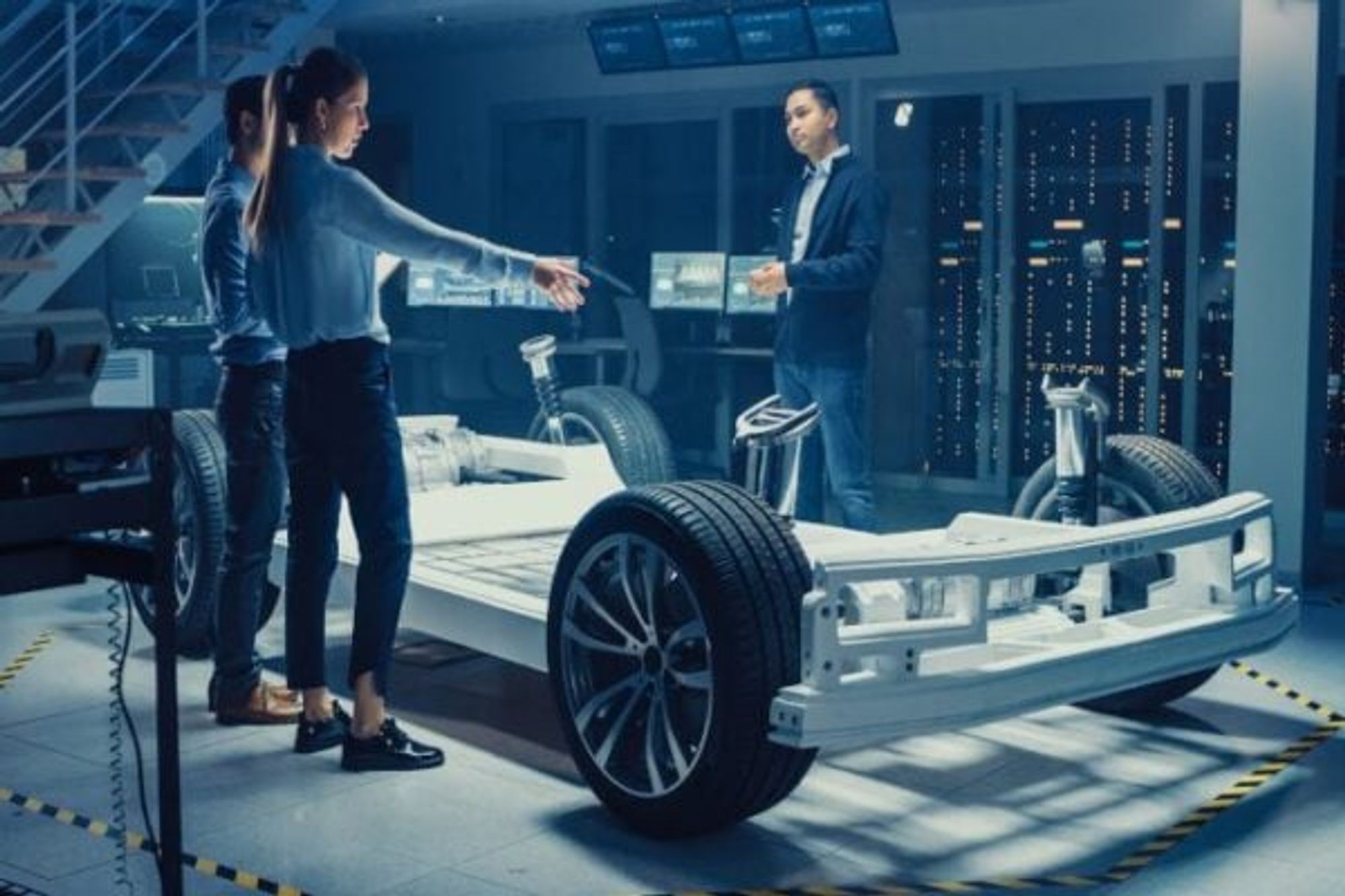
Modern connected vehicles, which can also drive partially or fully automated, require very powerful computer platforms. An R&D project with about 30 partners from Germany plans to develop such a platform. Particular attention is being paid to reliability and fail-safety.
The Mannheim-CeCaS research project, led by Infineon, is dedicated to researching and developing a holistic central computing platform for future highly automated vehicles. The name of the project refers to the birthplace of the car – this is where Carl Benz developed the world’s first automobile with an internal combustion engine in 1886. The abbreviation CeCaS means “Central Car Server” and roughly indicates the direction in which this development is to go.
The computer is intended to close a gap that is becoming apparent in networked and electrified cars: For their suitability for everyday use, energy-efficient and cost-effective high-end computers are still missing that keep pace with the increasing demands on computing power and complexity and at the same time meet the high requirements for qualification for automobiles. It’s all about combining safety and high performance, automotive supercomputing. This includes specially designed processors as well as interfaces and system architectures. In addition, the open source architecture RISC-V seems to play an important role.
The central processing unit of the computing platform to be developed is to be based on new types of automotive-qualified high-performance processors in non-planar transistor technology (FinFET). Application-specific hardware accelerators and an adaptive software platform for autonomous vehicles will complement the processors. Approaches for so-called convolutional neural networks and event-based neuromorphic accelerators are being investigated. Necessary adaptations of the on-board network will also be considered, as well as a structure and connection technology suitable for automotive use. The consortium is aiming for complete automotive qualification (ASIL-D) at system level.
- ZF shows high-performance computer at IAA
- Tier ones at Auto Shanghai: New HPC generation, dovetailing with the cloud
- Continental reports progress in the development of server-based vehicle architectures
The “crème de la crème” of the German supplier landscape is involved in the project, including AVL, Bosch, Continental, Hella and ZF Friedrichshafen. In addition, there are a number of smaller companies as well as various research institutes from Fraunhofer to KIT Karlsruhe and TU Munich. The selection of partners is intended to represent the entire value chain for such computer platforms (including research). With a budget of €90 million, Mannheim-CeCaS is one of the largest funded German cooperation projects with a comparable duration. €46 of the total budget is paid as a grant from the German Ministry of Research.